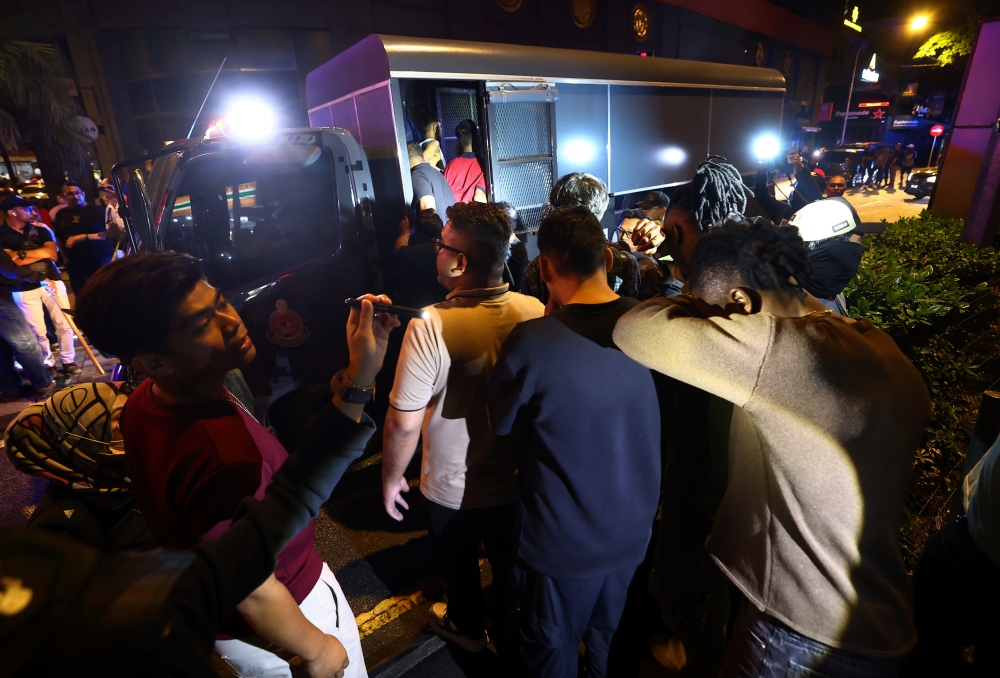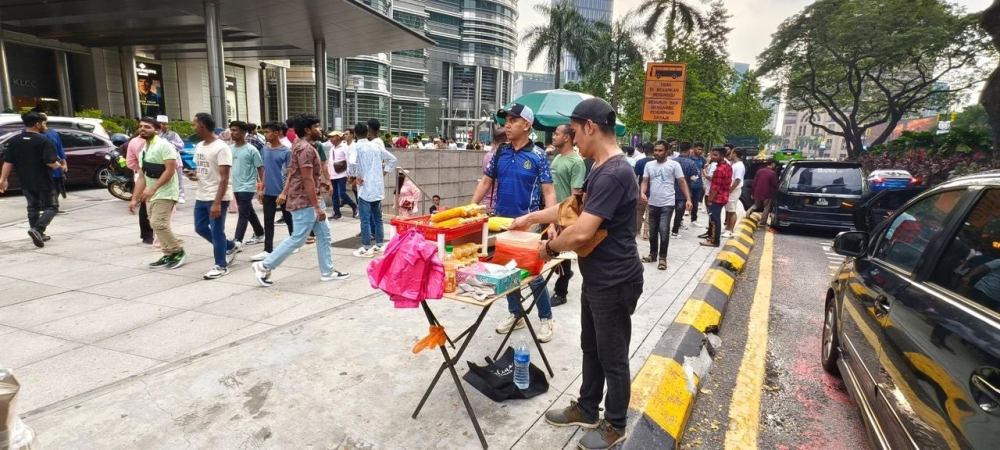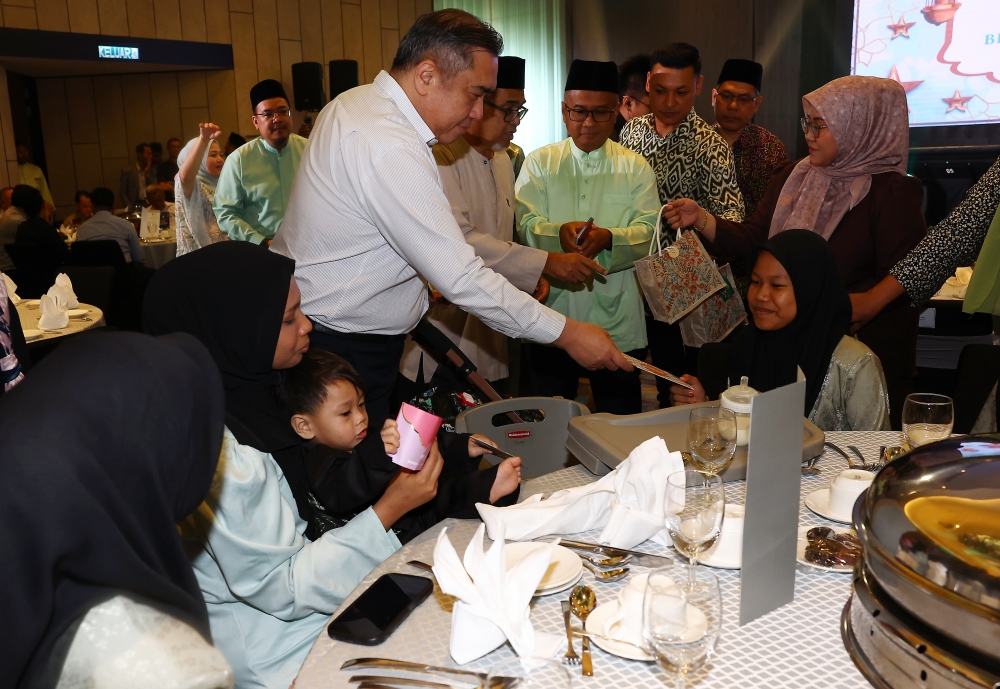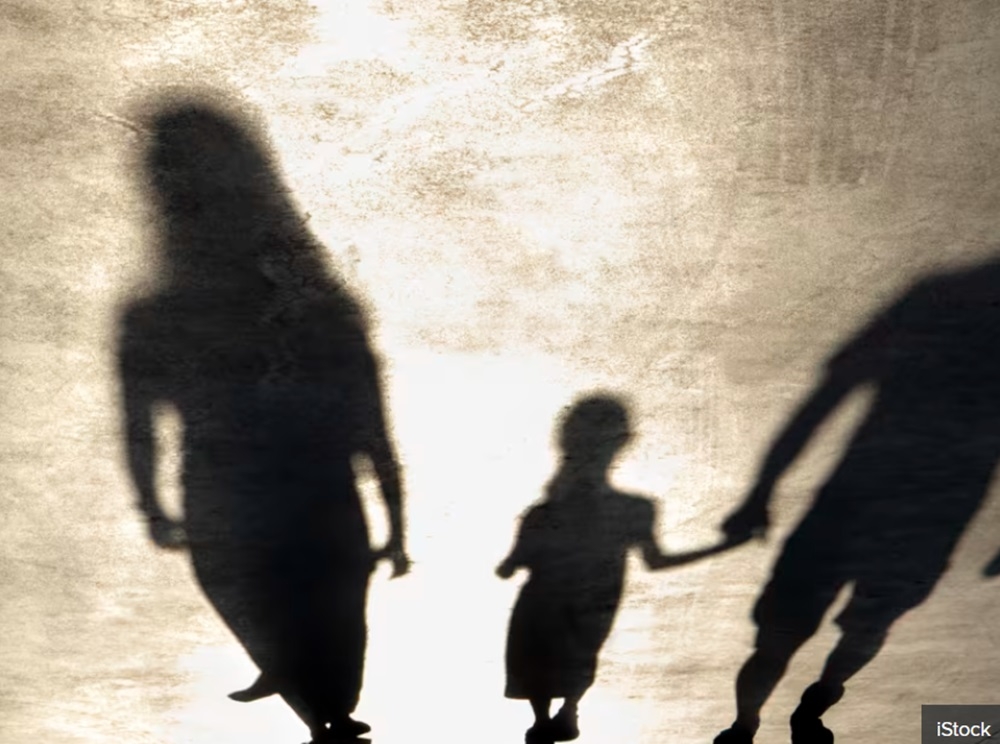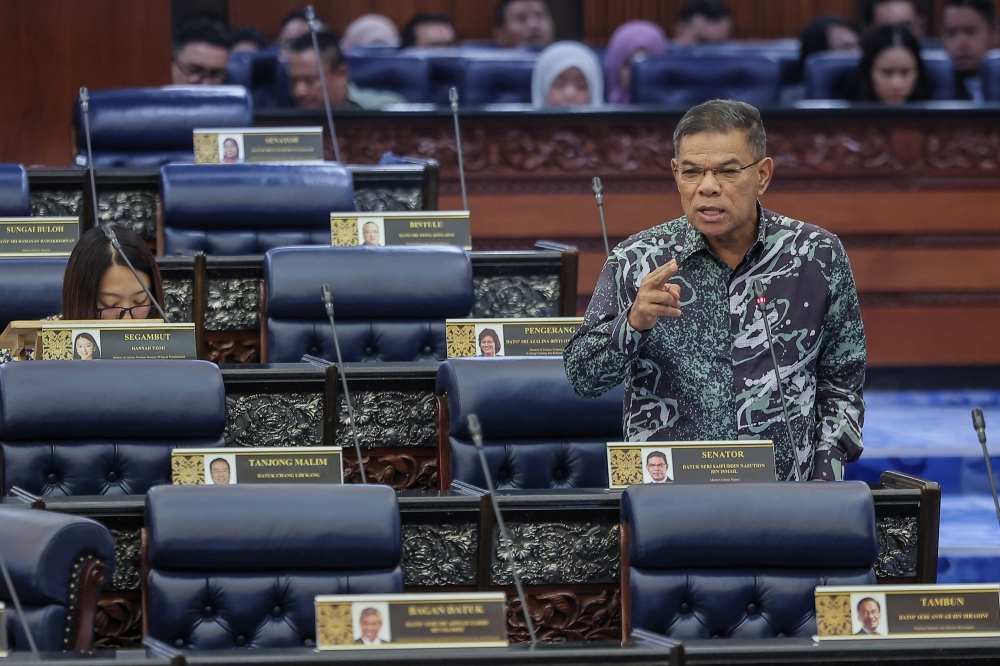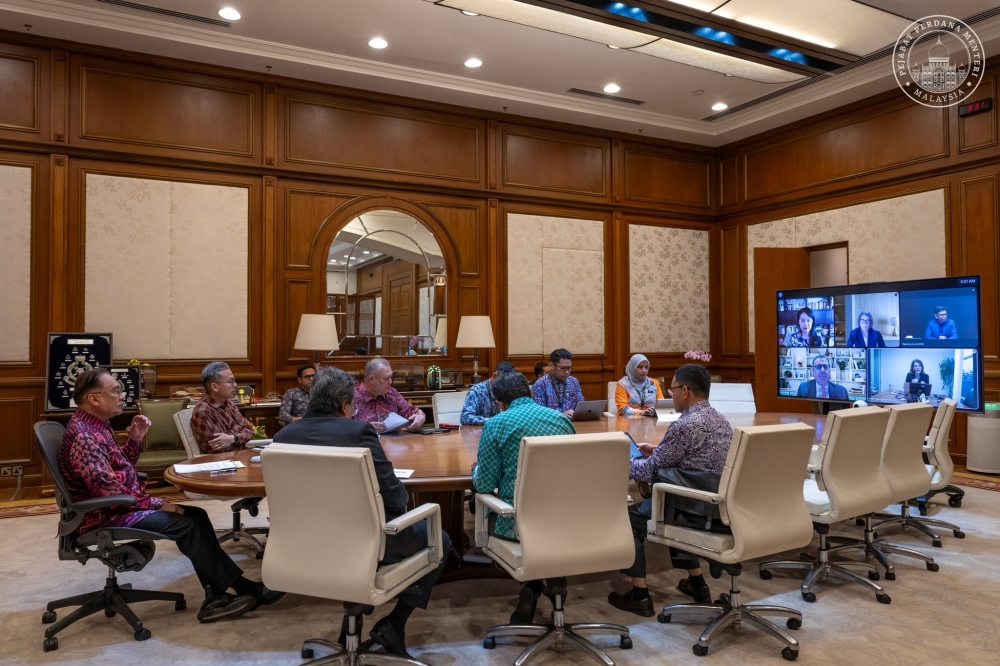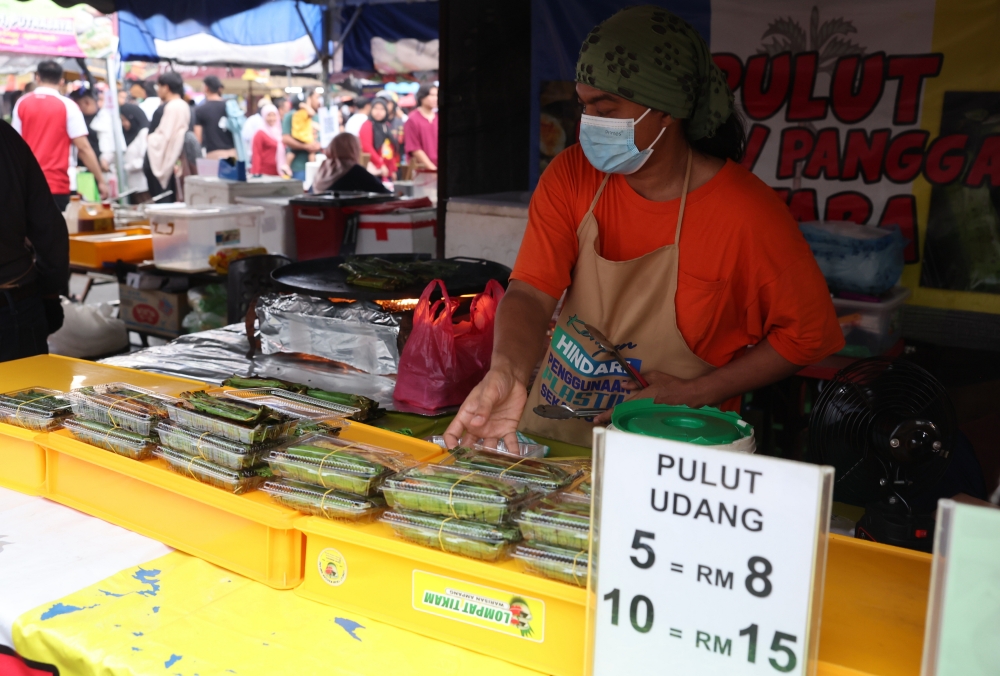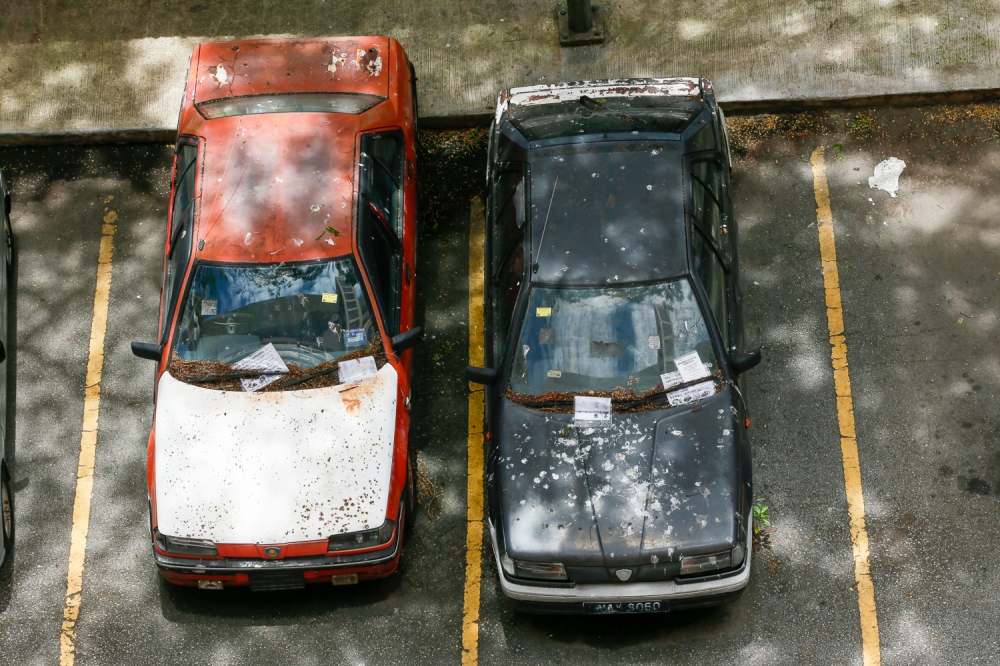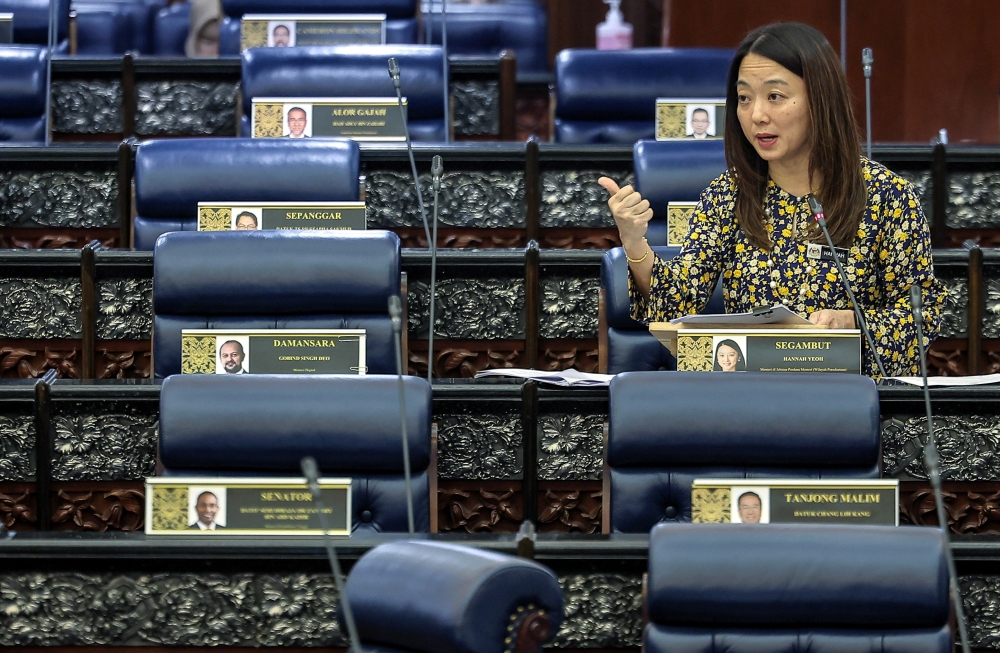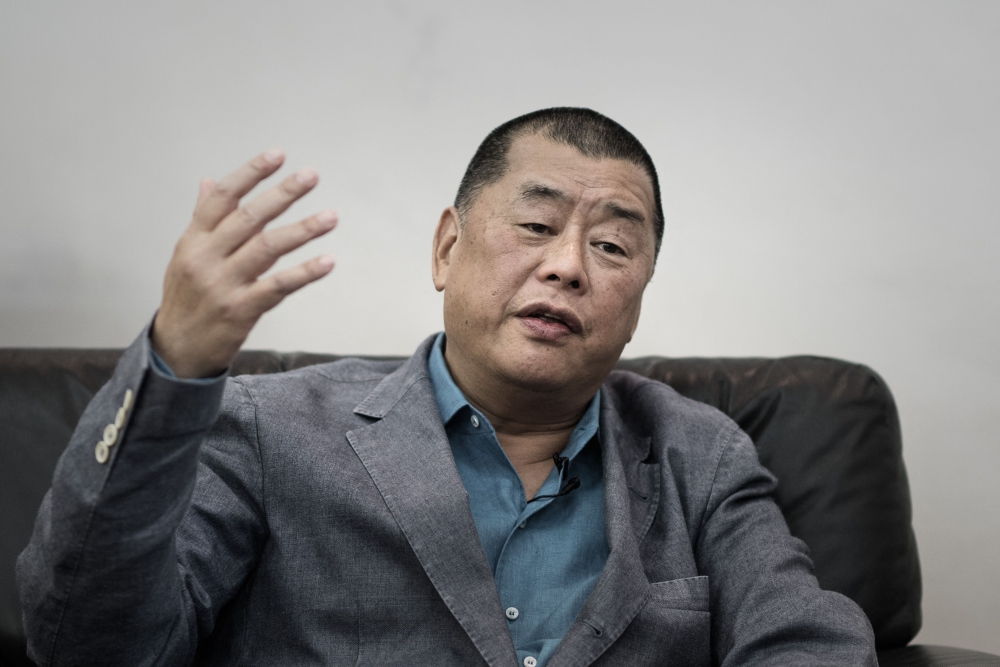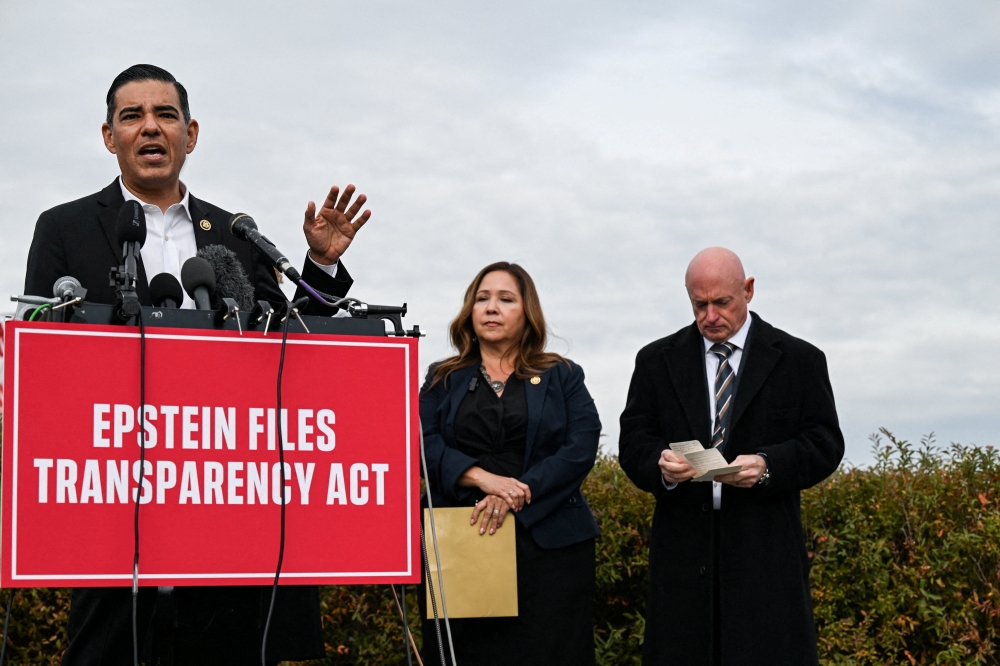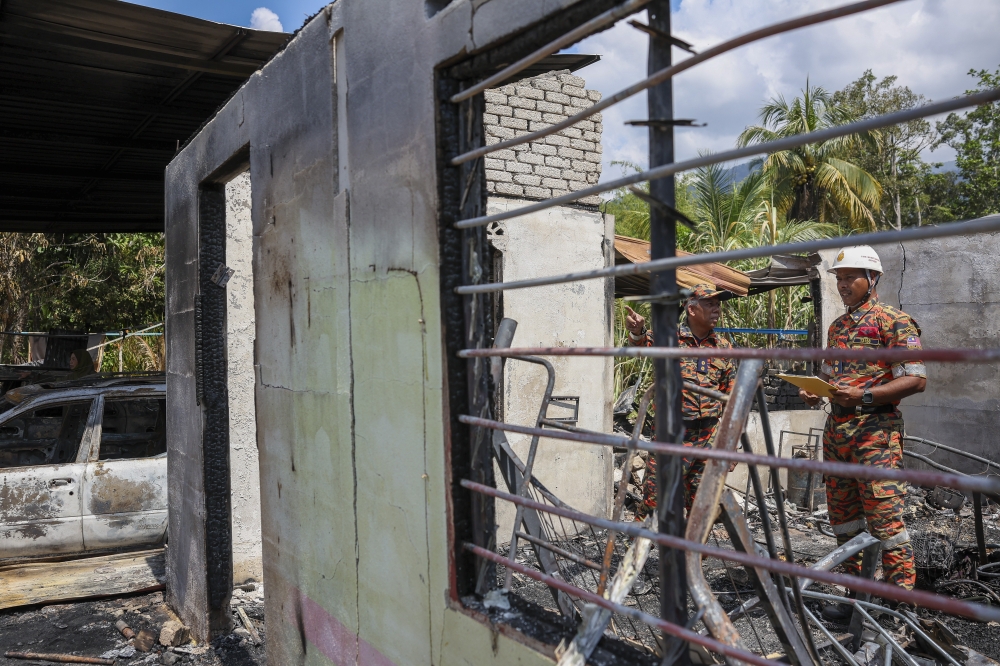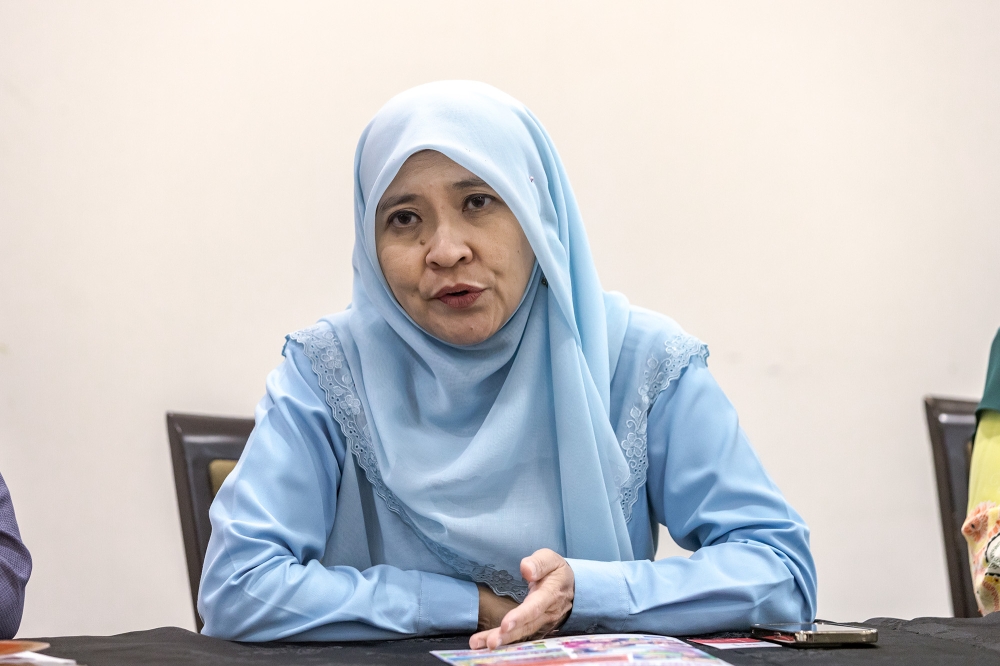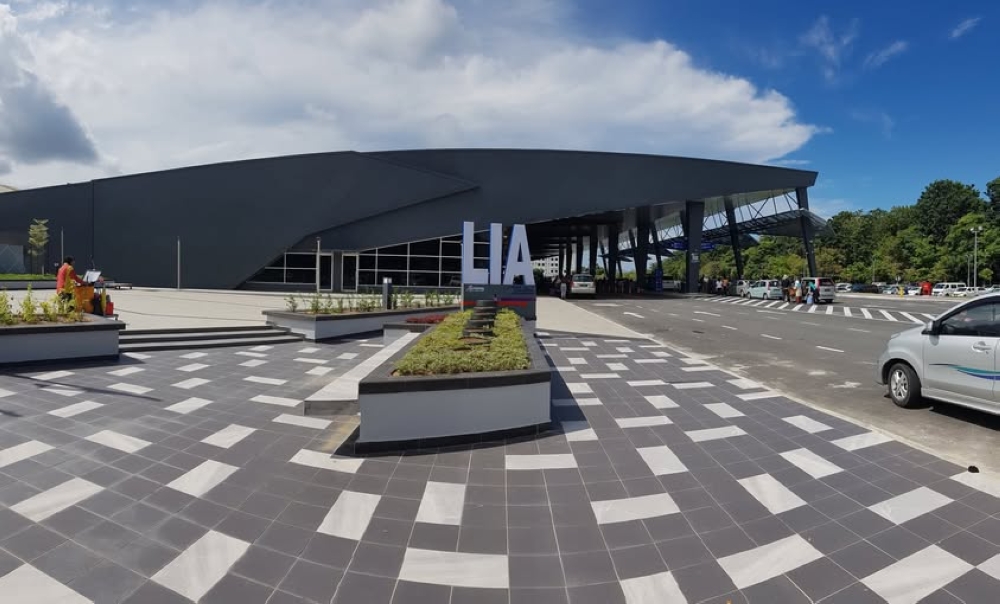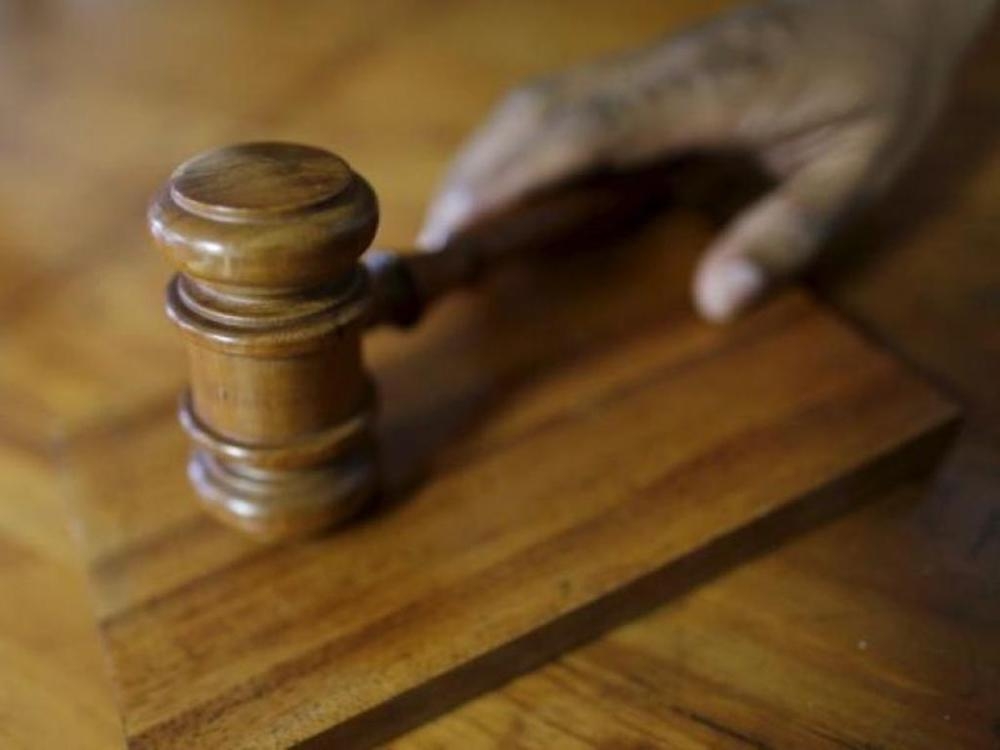KUALA LUMPUR, Dec 19 — Among the many urgent things that Children’s Commissioner Farah Nini Dusuki wants to implement is to map out all children- and childcare-related services and agencies in the country.
After being appointed for a three-year term effective March this year, she said that is something she is doing immediately.
“The mapping of services and agencies is important, why is that? It's because we don't want to be reinventing rules [or to have any overlapping].
“Did you know that both LPPKN under the ministry and also the Ministry of Health have parenting courses? I only knew about LPPKN, but I didn’t know that MoH has it too," Farah told Malay Mail in a recent interview, referring to the National Population and Family Development Board and the Ministry of Health.
“So you see, why is it that we don't know? It means that the services are not made known to the public, isn’t it?" she asked.
She said she is hopeful about identifying and mapping what is available out there and what the agencies are doing; for instance, in just the short period of becoming a Children’s Commissioner, she discovered that there are three ministries which have their own kindergartens.
“So that's why mapping is very, very important because we have to know who does what and offers what,” she said.
Secondly, it will be the robust promotion of children's rights and legal literacy. Farah said the Commission cannot be working alone on this issue.
“So again we cannot work alone, we have to work with the Digital Minister Gobind Singh Deo and Communications Minister Fahmi Fadzil, and even the Ministry of Education
“And we have ATHAM so that’s a start," she said, referring to the Human Rights Best Practices in schools drafted by the National Human Rights Commission (Suhakam).
"That has actually been done in 400 schools, and we have to expand it nationwide so hopefully with more children knowing their rights and more adults knowing what they have to do for children, things will be better for the children."
The third item on her to-do list is to institutionalise specialised training.
Farah, who is also a senior lecturer at the Faculty of Law of the University of Malaya (UM), said only this university has an elective course on Child Law.
“I think Universiti Teknologi Mara has a course, but I’m not sure how big it is, but for UM it’s huge because every time I offer it as an elective like this semester I have 152 who signed up out of 159 students.
“But that's only in UM. What I’m trying to say is that it is not a course that is entrenched — like for medical schools, they have paediatrics and they specialise in children, but even for doctors, some still don't know the legal parameters.
“They are not well versed in what they can do under the law. What about judges and prosecutors? What about the many people who work with children, but they don't have the specialised knowledge and they don't know that they have got all these legal mandates under the law,” Farah said.
She stressed that it is important to make specialised training institutionalised, to ensure that across the board and nationwide everyone will have the same knowledge and are all on the same page when it comes to child rights.
“When I say institutionalise, I mean it should not be like me, for the past 31 years, I go to whoever who invites me [to speak], so maybe two hospitals in Kuala Lumpur will have that benefit, one hospital in Penang would have it, then one hospital in Johor but what about the hospitals in Terengganu, in Kelantan and all that?
“We need to think of a way how we can make this more efficient so that children don't fall through the cracks just because people don't know that they have certain mandates under the law,” she said.
The amendment to the Suhakam Act consists of 11 clauses and was passed in the Dewan Rakyat last November.
The new amendments to the Act, among others include inserting a new section — Section 6A.
Under Section 6A, subsection (1) says the Yang di-Pertuan Agong “shall designate from amongst the members of the Suhakam appointed under Section 5, a Chief Children’s Commissioner and two Children’s Commissioners to deal with human rights matters relating to children”.
Commissioners will also now have the power to visit any detention centre or location to probe human rights abuse allegations.
Amendments to Section 4(2)(e) will also allow Suhakam to receive complaints directly from children or any person or authority related to children's complaints and to act on such complaints.
Additionally, there must be a minimum of seven and not more than 20 members in Suhakam.
One of the Commissioners appointed has to be a person with disabilities while 30 per cent of the remaining members must be made up of women.
Farah Nini, who has over 30 years of experience in the field of human rights and child law, obtained her doctorate from Cardiff University, Wales, in the United Kingdom in 2002 with a thesis that analysed socio-legal issues to protect children from abuse and neglect.
Her research areas include legislation on criminal justice, child law, adolescent protection in sexual reproductive health issues as well as the implementation and enforcement of children’s rights in Malaysia.



